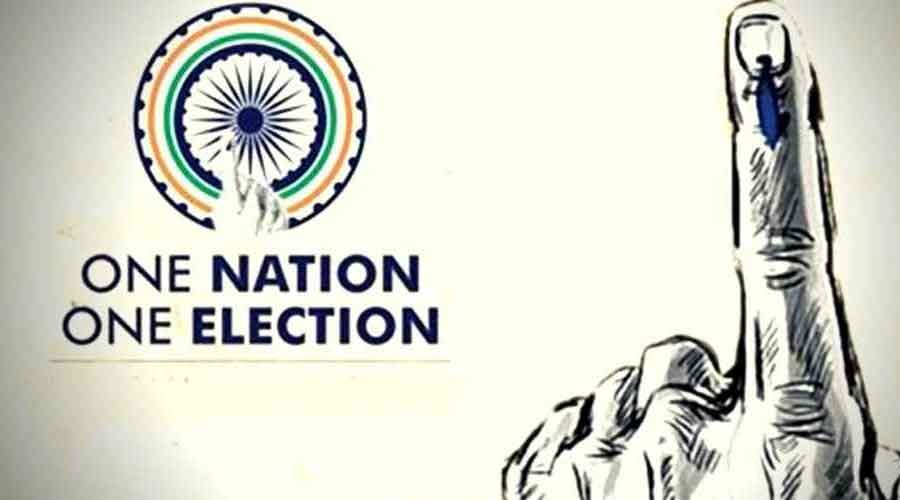India is making a bold move with its ‘One Nation, One Election’ policy, which seeks to align state and national elections throughout the country. This landmark decision is anticipated to simplify the electoral process, cut costs, and enhance governance stability, representing a pivotal shift in Indian politics.
Economists are optimistic about this initiative, forecasting a GDP growth increase of 1-1.5% due to lower election-related expenses and a more consistent focus on development activities. This policy is viewed as a potential turning point for India’s economy, as the frequent occurrence of elections often disrupts policymaking and alters public spending priorities.
The initiative has received mixed reactions in the political arena. Supporters argue it could bolster democratic processes, while critics raise concerns about its practicality in a diverse and populous country like India. Experts suggest that addressing logistical hurdles, achieving political agreement, and protecting federal autonomy will be crucial for its success.
As discussions continue, the policy has ignited nationwide debates regarding its long-term effects on India’s political and economic environment. If executed well, ‘One Nation, One Election’ could serve as a model for other democracies globally.





